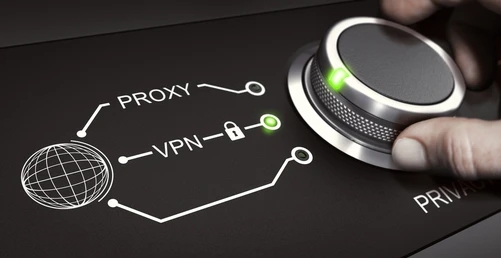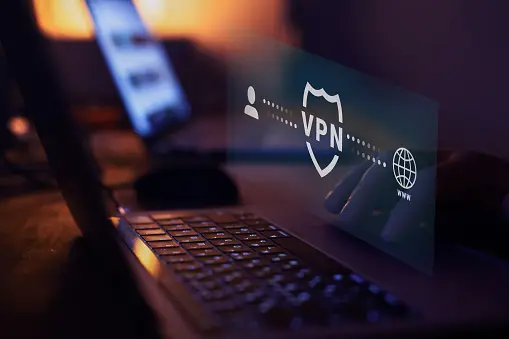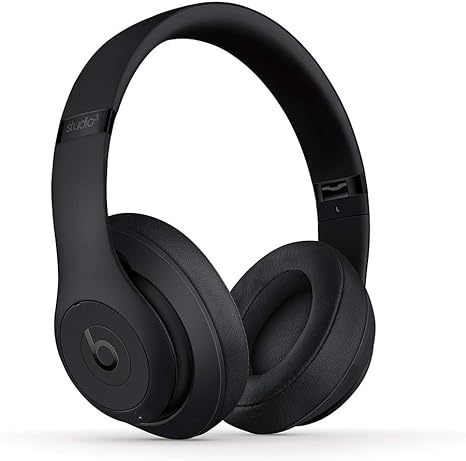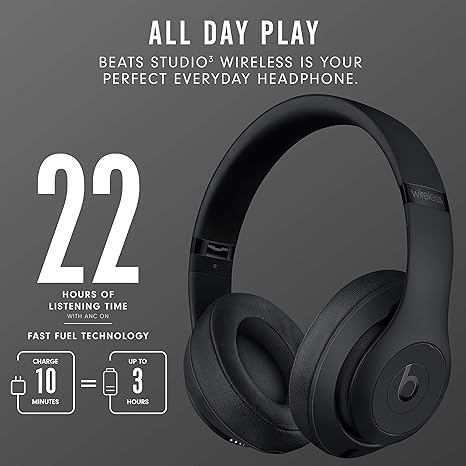
Using a VPN or proxy is often considered the most secure way to browse the Internet without detection. These tools are valuable for web scraping tasks and data extraction. Although they may have some similarities, they operate differently. In this blog post, I will show you the advantages of VPN vs Proxy for security. Additionally, you will learn about how VPNs and proxies work. Let’s start.

How do VPNs and Proxies work?
VPNs and proxies serve as intermediaries between your device and the internet. But they operate differently to achieve similar goals. VPNs establish an encrypted connection to a remote server operated by the VPN provider. It reroutes all your internet traffic through this server. This encryption ensures privacy and makes it difficult for hackers or surveillance entities to intercept your data.
On the other hand, proxies simply relay your internet requests to the destination server on your behalf, often without encryption. While proxies can change your IP address and route your traffic through different geographic locations, they generally offer less privacy and security compared to VPNs.
Both VPNs and proxies are commonly used to bypass geo-restrictions, access blocked content, or maintain anonymity online, but VPNs provide stronger protection through encryption.
The major difference between a VPN and a Proxy
There are several differences in the debate between a VPN vs Proxy. Here are some of them below
| Feature | VPN | Proxy |
| Encryption | Encrypts all data transmitted | May or may not encrypt data |
| Security | Provides high level of security | Offers limited security |
| IP Address | Hides user’s IP address | May hide or reveal user’s IP |
| Speed | May slow down connection | Generally faster |
| Compatibility | Compatible with all applications | May have compatibility issues |
| Anonymity | Offers higher level of anonymity | Provides lower level of anonymity |
| Usage | Often used for privacy and security | Frequently used for accessing resources |
What is a proxy or proxy server?
A proxy serves as an intermediary between your device and the internet. It helps to mask your IP address and route your internet traffic through a different server. This makes it appear as if your requests are coming from that server rather than your device.
Additionally, Proxies can be used for various purposes. It can be used for improving security, accessing geo-blocked content, and maintaining anonymity online. There are different types of proxies namely
- Forward proxy
When a client device sends a request to access a web resource, it first goes through the forward proxy server. The proxy server then evaluates the request and forwards it to the internet on behalf of the client. It can be configured to cache frequently accessed content, which can improve performance and reduce bandwidth usage.
Forward proxies are commonly used in corporate networks to control and monitor internet traffic, enforce content filtering policies, and enhance security by masking the client’s IP address.
- Transparent Proxy
A transparent proxy intercepts client requests without the client’s knowledge. Unlike a forward proxy, a transparent proxy does not require any configuration on the client side. It intercepts and redirects all outgoing traffic, typically at the network level, without requiring any client-side configuration.
Transparent proxies are often used by ISPs or network administrators to implement content filtering, caching, or traffic monitoring without requiring explicit client configuration. From the client’s perspective, it appears as if they are directly accessing the internet, unaware that their requests are being intercepted and processed by the proxy server.
- ISP Proxy
An ISP (Internet Service Provider) proxy is a proxy server operated by an Internet service provider. Similar to other types of proxies, an ISP proxy intercepts and forwards internet traffic between clients and web servers.
However, unlike forward proxies or transparent proxies, an ISP proxy is typically managed and controlled by the ISP itself, rather than by individual users or organizations. The use of ISP proxies can impact the speed and reliability of internet connections, depending on how they are configured and managed by the ISP.
- Mobile Proxy
Mobile proxies route internet traffic through mobile devices, such as smartphones or tablets, that are connected to cellular networks. These proxies provide IP addresses associated with mobile carriers. They are commonly used for web scraping, data mining, social media management, and ad verification.
They offer higher anonymity and reliability compared to other types of proxies because they mimic real mobile device traffic. Additionally, they have low detection rates, as they appear similar to genuine mobile users. They also offer access to geo-restricted content and are less likely to be blocked by websites.
- DataCenter Proxy
Datacenter proxies are IP addresses hosted on servers in data centers. These proxies are not associated with an Internet Service Provider (ISP) or a physical location. Datacenter proxies are widely used for various purposes, including web scraping, market research, and automation tasks.
They provide high-speed and large pools of IP addresses. Additionally, data center proxies offer high speed and stability, making them suitable for bulk tasks and high-volume traffic. They are generally more affordable than residential proxies.
- Residential Proxy
Residential proxies use IP addresses assigned to residential users by ISPs. These proxies route internet traffic through real devices connected to home networks. Residential proxies are valued for their genuine IP addresses, making them suitable for tasks requiring real-user behavior. They are used for web scraping, sneaker copping, and social media management.
What is a VPN?
A VPN (Virtual Private Network) is a technology that creates a secure and encrypted connection over the internet. It allows users to securely connect to a remote server. It encrypts all data transmitted between the user’s device and the server. VPNs provide several benefits, including enhanced privacy and security by masking the user’s IP address.
They also enable users to bypass geographic restrictions and access content that may be blocked in their region. VPNs are commonly used by individuals and organizations to protect sensitive data, secure remote connections, and maintain anonymity online. There are several types of VPNs, each designed to meet different needs and requirements. They include
- Remote Access VPN
Remote Access VPN is also known as client-to-site VPN. It allows individual users to securely connect to a private network from a remote location. You can use this VPN from home or while traveling. It enables remote employees to access corporate resources, files, and applications securely.
- Site-to-Site VPN
This type of VPN is also called router-to-router VPN. It connects entire networks or LANs (Local Area Networks) securely over the internet. It’s commonly used by organizations with multiple branch offices to establish secure communication between different locations.
- SSL/TLS VPN
Secure Socket Layer (SSL) or Transport Layer Security (TLS) VPNs utilize web browsers to establish a secure connection. They are often used for remote access to web applications or services, providing a simpler setup compared to traditional VPN clients.
- IPsec VPN
The acronym IPsec stands for Internet Protocol Security. It is a type of VPN that offers strong encryption and authentication mechanisms to secure network traffic. They are commonly used for site-to-site VPNs and provide robust security for transmitting sensitive data over the internet.
- Mobile VPN
The mobile VPN is designed for mobile devices. This type of VPN ensures secure connections for users on the go. It allows users to access corporate networks from smartphones or tablets. Mobile VPNs optimize performance and security for mobile connections.
Conclusion
In conclusion, the best security option between a VPN vs Proxy depends on your needs. For example, if you desire more security in terms of hiding your IP address, then VPN is the best option. If speed is needed during your data collection processes then a proxy can serve the purpose more better. So be sure to choose your options carefully to get the best out of these amazing tools.













